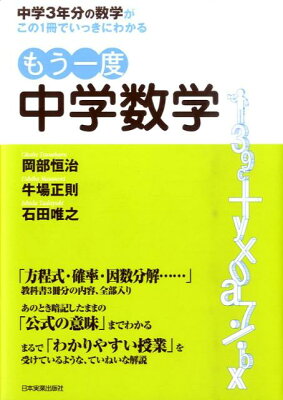I prove that infinite decimal of rational number is recurring decimal. It is decimal of rational number but is not finite decimal.
While the process of division may seem intuitive, I will provide a more concrete explanation as a formal proof.
Feeling
For example, when 89 is sequentially divided by 13, including decimal places, the remainders are as follows:
89÷13=6remainder is11110÷13=8remainder is660÷13=4remainder is880÷13=6remainder is220÷13=1remainder is770÷13=6remainder is550÷13=3remainder is11110÷13=8remainder is6On the 7th division, the same remainder as in the 1st division appeared again. Since there are only 12 possible remainers when divided by 13, ranging from 1 to 12, if the division doesn’t result in a perfect quotient after 13 divisions, it becomes evident that at some point, the same remainder would recur, leading to a repeating decimal.
By elaborating on this, we can formulate a proper proof.
Proof
Rational numbers that result in infinite decimals, in other words, rational numbers that are neither integers nor finite decimals, can be represented as qp, where p and q are coprime natural numbers. Let’s define the sequences {kn} and {rn} as follows:
kn={Quotient of q÷p(n=0)Quotient of 10rn÷p(n≥1)rn={Remainder of q÷p(n=1)Remainder of 10rn−1÷p(n≥2)Then, the fraction qp can be expressed as a recurring decimal:
k.k1k2k3…kn…=k+k110+k2102+k2103+⋯+kn10n+…Furthermore, rn=0 implies the existence of n such that qp becomes a finite decimal. For all n, it follows that rn≥1 due to being a remainder after division by p, and also r≤p–1. Consequently, among the p remainders r1,r2,…,rp, at least 2 of them are equal. Thus, there exist natural numbers m,n that satisfy the following:
rm=rn,1≤m<n≤pkn=km,kn+1=km+1,kn+2=km+2,⋯From this, it can be deduced that the fraction qp continues infinitely with the sequence of digits kmkm+1⋯kn−1 after the mth decimal place.
Indeed, it is also possible to prove that a repeating infinite decimal can be a rational number.












